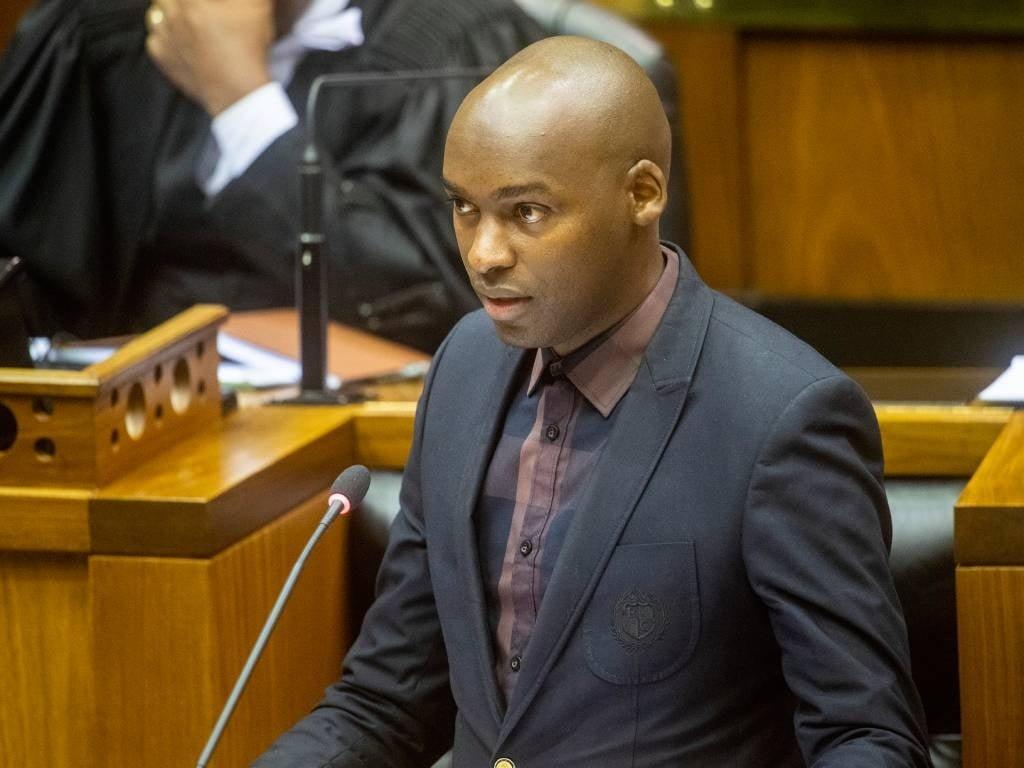
Africa-Press – South-Africa. The ATM has approached the Western Cape High Court to overturn the National Assembly’s decision not to continue with impeachment proceedings against President Cyril Ramaphosa regarding the Phala Phala saga.
In an urgent application, the party challenges National Assembly Speaker Nosiviwe Mapisa-Nqakula’s decision not to have the vote on the impeachment motion by secret ballot.
The ATM is asking the court to set aside Mapisa-Nqakula’s decision.
It also asks the court to set aside the National Assembly’s proceedings of 13 December and for a declaratory order that such a vote must be by secret ballot.
Days after former spy boss Arthur Fraser laid charges against Ramaphosa, ATM leader Vuyolwethu Zungula lodged a motion in terms of Section 89 of the Constitution for Ramaphosa’s removal.
Mapisa-Nqakula didn’t accept the initial motion, but a subsequent motion was accepted.
This led to the establishment of an independent panel, chaired by former Chief Justice Sandile Ngcobo, which found that Ramaphosa had a prima facie case to answer.
This gave rise to 13 December’s sitting, where the opposition’s hopes of an inquiry into Phala Phala were dashed as the vast majority of ANC MPs voted against the motion.
Five ANC MPs broke ranks in the open, roll-call vote, although Tandi Mahabehlala, who had voted in support of the motion, later indicated that she intended to toe the party line – but, by then, it was too late.
Before the proceedings got under way, Zungula and EFF MPs insisted the voting must be by secret ballot. They claimed that ANC MPs were threatened.
Mapisa-Nqakula, however, stuck to the previous decision that voting would be conducted by the roll-call method, where each MP’s name was called, and they publicly indicated, yes, no or abstain.
The Constitution requires Parliament to conduct its business with transparency.
However, a Constitutional Court ruling determined that the Speaker of the National Assembly had the discretion to determine the voting procedure.
A secret ballot could be used if the political atmosphere around a vote was toxic.
This was not the ATM’s first court battle with Parliament about a secret ballot.
Parliament on Thursday evening explained that it had not been served with the ATM’s papers.
Parliament’s spokesperson Moloto Mothapo said:
“Both the National Assembly and the National Council of Provinces are currently on recess, and therefore the offices of Parliament are accordingly closed until January 2023. Parliament has, therefore, not been served with the papers by the ATM.”
He said Parliament would respond to the papers served on the State Attorneys, and an application would also be made for the timeframes to be amended.
The saga started in February 2020 when Zungula lodged a motion of no confidence in Ramaphosa with then Speaker Thandi Modise.
Zungula also requested a secret ballot for the vote, which Modise denied.
The motion was eventually scheduled for 3 December 2020.
Again, the ATM unsuccessfully petitioned Modise to have the motion voted on by secret ballot.
On the day the motion was to be heard, the party asked the Western Cape High Court to review Modise’s decision, and the motion was postponed.
The Western Cape High Court dismissed the ATM’s application, but the party took the matter to the Supreme Court of Appeal (SCA), which found that Modise erred in placing the onus on the ATM to motivate why the motion of no confidence should be by secret ballot.
The SCA ordered that the Speaker – by then Mapisa-Nqakula – make a “fresh decision” on the matter.
The “fresh decision” was, once again, that there would be no secret ballot.
The motion eventually found its way onto the National Assembly’s order paper, to be heard on 30 March 2022.
Days before, the ATM approached the court for an urgent interdict to prevent the motion from being heard, pending a review.
The urgent application was struck off the roll after Judge Rosheni Allie, of the Western Cape High Court, found the ATM had brought the application with “self-created” urgency.
On 30 March, Zungula refused to move his motion, meaning it could not be debated or voted on.
For More News And Analysis About South-Africa Follow Africa-Press





